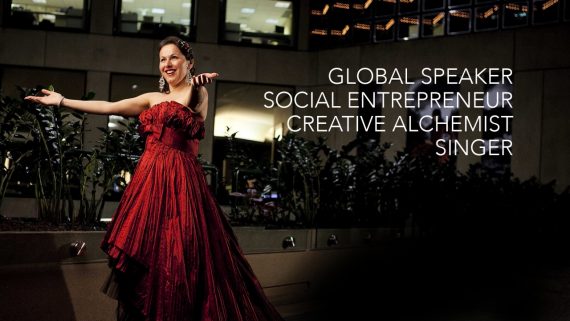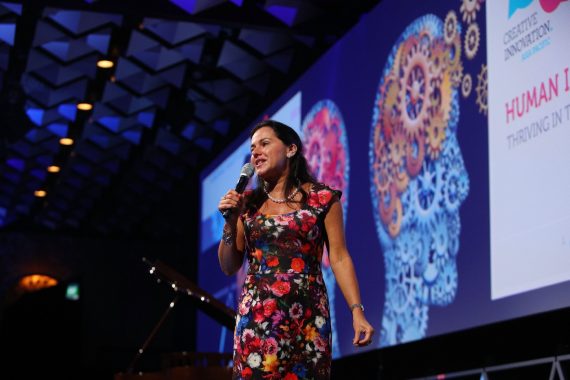This Is Not Australia
My Magic Medicine Journey
There is no health without mental health

In Australia’s reaction to COVID-19, our lives are being changed profoundly and our liberties curtailed. Without consultation, by federal, state and territory governments. Few have yet fully grasped the gravity of the effects on our wellbeing of this, and what is still to come. Focusing on saving lives and livelihoods isn’t wrong. But there is…
We need an urgent taskforce to tackle the mental health pandemic sparked by Covid-19

Mental health charity Mind Medicine Australia (MMA) calls for and strongly supports all recommendations to form a Mental Health Innovation Taskforce to be immediately established. This must be established now to guide the government in planning the next steps to manage the increasing mental health pandemic triggered by Covid-19 and the recent bushfires tragedy. We…
Positive Human Collisions

I work with many wonderful teams and organisations and am always amazed at how many leaders say, “But I am not creative.” And recently, some futurists said that creativity has become the most endangered species of the 21st century. We have a broadband culture but not the creative, original thought to fill it. A global…
Innovator Attributes

Over the next decade it is estimated that up to 40 per cent of companies on the Standard and Poors index will be disrupted by rapidly advancing technologies and the entrepreneurs adapting quickly to this new environment. According to international research, up to 60 percent of middle-class jobs will become redundant due to robotics and new technologies. And…
Inclusion and entrepreneurship the key to innovation

Australia has traditionally been a highly successful and prosperous nation. On almost every important business index, we are accelerating. The stakes – the financial, social, environmental and political consequences – similarly are rising. Being lucky is no longer enough We lag well behind many other nations on innovation. We have to nurture our entrepreneurs and innovate faster…
Australia needs diversity to keep the creative juices flowing

Australia has traditionally been a highly successful and prosperous nation. On almost every important business index, we are accelerating. But the stakes – the financial, social, environmental and political consequences – are also rising. Being lucky is no longer enough. We lag well behind many other nations on innovation. We have to nurture our entrepreneurs…
AI: Artificial Intelligence, or Australia’s Inequality?

The robot revolution is inevitable. In fact, you could comfortably say it’s already upon us. As automation and artificial intelligence evolve at breakneck speed, our policies and institutions are frantically chasing their tails to keep pace. This disruption presents one of the most pointed challenges to modern economies – and Australia is not immune.








